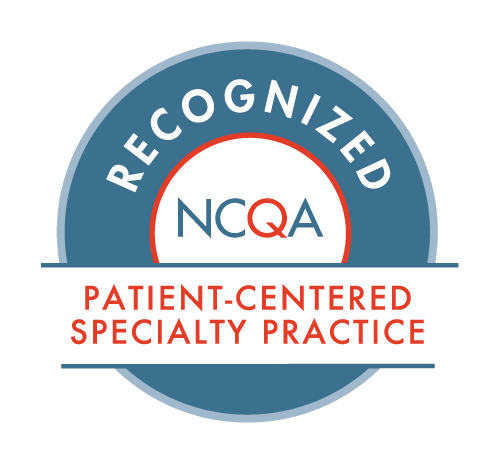Why You Need to Know How to Prevent Heart Disease
- Posted on: Mar 21 2024
Heart disease is the number one killer in the United States. Fortunately, it is also largely preventable, which means you have the power to keep you and your loved ones safe. At Hunterdon Cardiovascular Associates (HCA), we don’t just help patients treat and manage heart disease—we help them avoid developing it in the first place through preventive cardiology.
What Is Preventive Cardiology?
Preventive cardiology is devoted to helping patients adopt lifestyle habits that reduce the risk of developing heart disease. Preventive cardiology practices are based on evidence collected over long periods, examining large populations and their habits to deduce the best ways to avoid developing cardiovascular disease.
Understanding Your Risk for Heart Disease
Your risk of heart disease is dependent on a number of factors. One significant cardiovascular risk factor is your genetics. If there is a history of heart disease at an early age among members of your family, you may have a higher risk of developing heart disease, too. Certain medical conditions, such as diabetes and high cholesterol, can also put you at a higher risk of heart disease.
Preventive cardiologists can use certain calculations and risk scores to closely analyze your likelihood of developing heart disease in the future. Many of these calculations are based on a combination of fixed and lifestyle factors. Lifestyle factors that influence cardiovascular risk, such as diet and physical activity level, are entirely within your control.
How to Prevent Heart Disease
Fortunately, you can take steps to prevent heart disease. These include both medical and lifestyle interventions.
Medical Management
A preventive cardiologist can help you manage your risk for heart disease medically by controlling conditions that increase your cardiovascular risk, like high blood pressure and high cholesterol. Medications that help keep your blood pressure within set parameters and your blood cholesterol at specific thresholds can lower your heart disease risk.
Lifestyle Management
Preventing heart disease is also mainly about adopting healthy daily habits. These include:
- Eating a heart-friendly diet that is high in fiber and low in saturated fat
- Getting at least 75 minutes of moderate to high intensity or 150 minutes of low to moderate intensity physical activity each week
- Avoiding extensive periods of being sedentary
- Not smoking
- Reducing stress levels in your life through adequate sleep and stress reduction practices
How HCA Cardiologists Can Help
To avoid the long-term risks associated with heart disease, such as heart attack and stroke, it’s essential for you to know how to prevent heart disease. Through their personalized approach, the cardiologists at HCA can help guide your health journey and reduce the likelihood that you will ever develop cardiovascular disease.
A preventive cardiology visit may include the following:
- A detailed medical history
- A thorough physical exam
- Lab work and other investigations, such as an EKG
- Personalized preventive cardiology recommendations based on your assessment
Your cardiologist will make sure that you understand what steps can help you avoid developing heart disease. Then, they can check in with you periodically at future visits to ensure the prevention plan is going well and make adjustments as needed.
Hunterdon Cardiovascular Associates is devoted to providing the highest quality of care, including preventive measures, in a patient-centered environment. Our offices are conveniently located in Flemington, Clinton, and Bridgewater. To make an appointment with one of our cardiologists, please contact us today.
Posted in: Uncategorized



